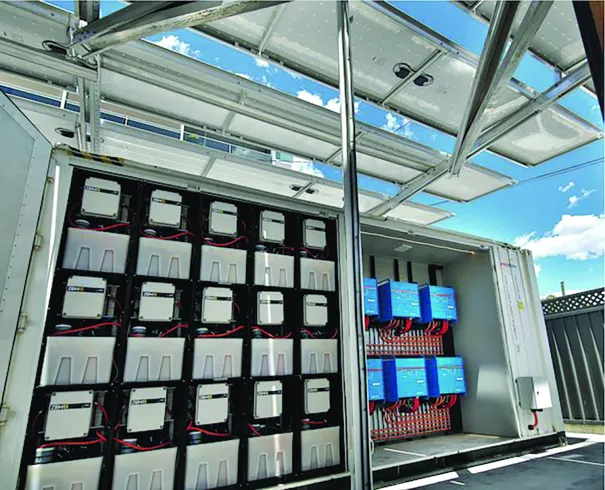Have you ever sat down with a lawyer and negotiated a complex business agreement? If so, you may remember the extraordinarily long document that included dozens of paragraphs of boilerplate.
As companies negotiate back and forth with each other, we have a tradition, an expectation indeed, that there is give and take. You want 30-day payment terms? Then I would like a cash discount for early payment. You want lower prices? I want guaranteed orders. By the time two companies reach an agreement, they’ve often built up lots of clauses and exceptions. And while most contracts in many industries tend to fall into established patterns, every contract is unique.
The result is that companies accumulate enormous volumes of business contracts with each other, all of which are relatively similar, but not exactly so. Ideas that seemed good in negotiation can turn out to be very difficult to implement in reality. Most ERP systems can handle a few standard contract variations, but nothing close to what is actually out there. And what incremental value does all this complexity bring? Almost none. Indeed, some of these agreements are deliberately complex, with one side hoping the other side simply isn’t organized enough to actually have taken advantage of the terms.
In sum, the ability of companies to negotiate agreements has long since exceeded their ability to actually execute them. Until now. Smart contracts are a revolution for enterprises because they will allow the scalable execution of differentiated business agreements. Smart contracts, which reside in the distributed ledger itself, are applications that contain business logic shared between all the parties in an agreement. They can be as simple as payment rules — pay this vendor 30 days after product is received — or very complex logic flows that cover all kinds of possibilities and calculations. And, unlike traditional contracts, smart contracts execute automatically based on input conditions and don’t depend on human participants to remember the specific clauses and details of an agreement negotiated months ago.
In the case of Microsoft’s Xbox platform, EY is using smart contracts to handle the thousands of different agreements Microsoft has with their business partners. They are all very similar, but slightly and individually different. Using a blockchain, EY is helping Microsoft cut cycle time for processing monthly accounts from 45 days to down to about 4 to 5 minutes.
This principle doesn’t just apply to software license agreements, however. It works with just about any kind of enterprise arrangement. Sitting on thousands of rebate and sales incentive deals from hundreds of companies? Most retailers are. These are great candidates for the smart contract treatment. As are volume purchase agreements and rebates, many of which are never claimed by companies not well-enough organized enough to get them (which is precisely why they’re offered in the first place).
And there’s the problem. Just because you can, doesn’t mean you should. Certainly, both sides involved in negotiating business contracts want to feel like they got something that benefits them. However, once everyone starts claiming all their rebates and discounts, many companies may wonder if all that negotiating was really worth it, and perhaps they would have gotten things done faster by keeping to a simpler agreement.
While we may eventually end up with simpler agreements as a result of all this, odds are, in the meantime, there will be a race to handle complexity. Companies using blockchains and smart contracts in their business contracts will have an advantage over those that don’t. Expect them to make the most of it.
Paul Brody, EY Global Innovation Leader, Blockchain. The views reflected in this article are the views of the author and do not necessarily reflect the views of the global EY organization or its member firms.
Should We Let Blockchains Fix Our Complexity Problem?
The ability of companies to negotiate agreements has long since exceeded their ability to actually execute them, our partner, EY, contends. Until now. Smart contracts are a revolution for enterprises because they will allow the scalable execution of differentiated business agreements.















